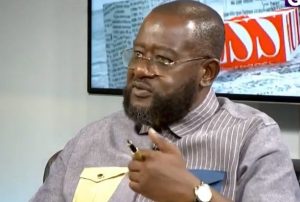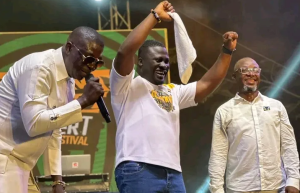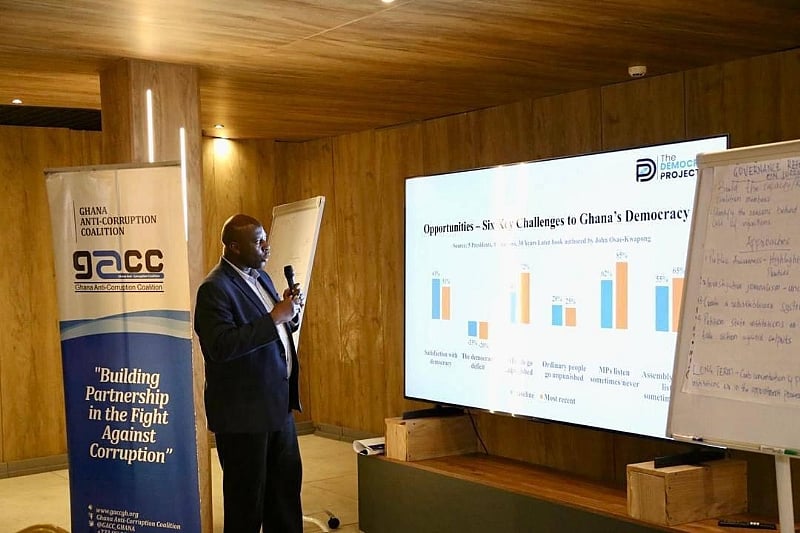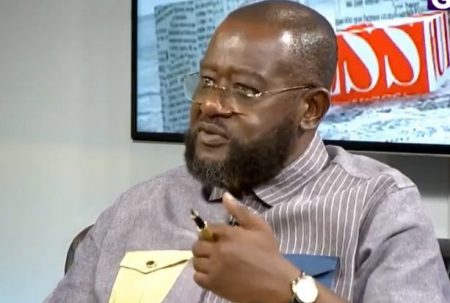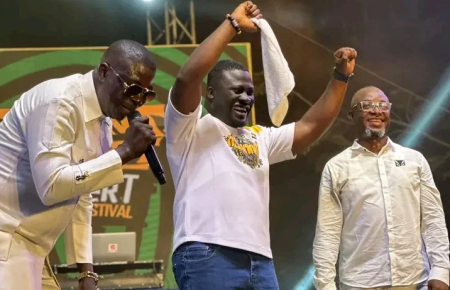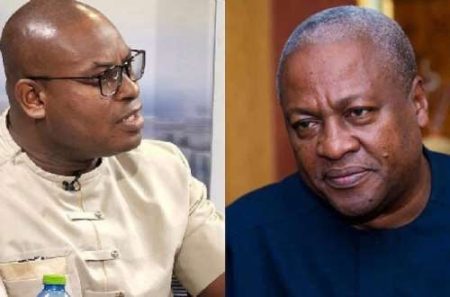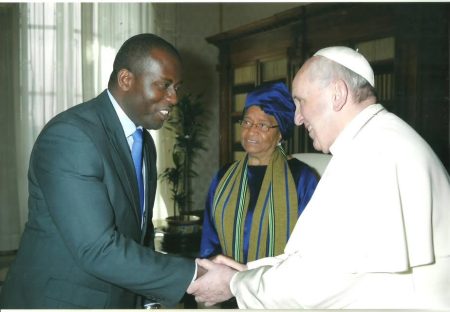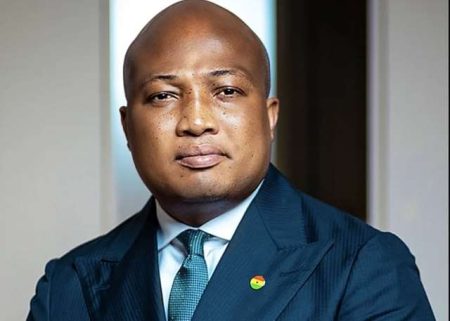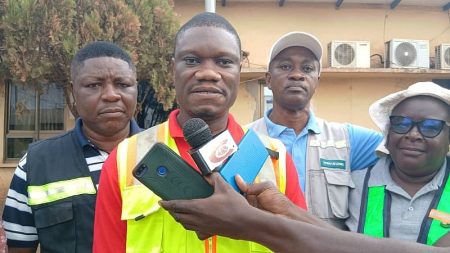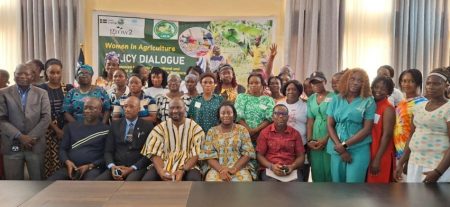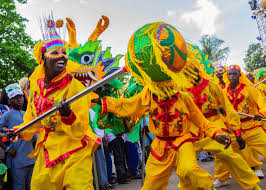On October 22, 2024, the Ghana Anti-Corruption Coalition (GACC), in collaboration with the Ghana Integrity Initiative (GII) and the Africa Centre for Energy Policy (ACEP), conducted a one-day capacity-building workshop in Accra to enhance journalists’ understanding of governance and anti-corruption reforms in Ghana. Funded by the UK’s Foreign, Commonwealth & Development Office (FCDO), this workshop is part of a broader initiative titled “An Anti-Corruption Initiative for Enhancing Governance and Accountability.” Its primary goal is to empower journalists, equipping them with the necessary tools to effectively contribute to the fight against corruption. The participants included selected journalists from various public and private media outlets, emphasizing the importance of accurate reporting in supporting democratic accountability and governance.
The workshop’s significance was underscored by Prof. John Osei Kwapong, the Lead for the Democracy Project, who stressed the media’s vital role as moderators of Ghana’s increasingly divided discourse. He called for independent fact-checkers within the media landscape to counter misinformation, stating that journalists should take it upon themselves to clarify erroneous information. This perspective aligns with the GACC’s overarching aim to ensure that the press effectively informs and engages the public on critical governance issues. By providing journalists with essential knowledge and skills, the workshop aspires to strengthen their capacity to hold institutions accountable and educate citizens on governance dynamics.
Samuel Harrison-Cudjoe, the Programmes Officer of GACC, emphasized the importance of media engagement in addressing governance and anti-corruption challenges. Harrison-Cudjoe posited that journalists are essential to informing the populace and safeguarding democracy, justifying the decision to involve them in this initiative. He mentioned that the project spans four years and will include a series of 16 regional meetings aimed at promoting collaboration between civil society organizations (CSOs) and the media. This collaborative approach is designed to amplify efforts to combat corruption and improve governance across the country, establishing a robust network dedicated to these shared objectives.
Mary Addah, the Executive Director of GII, also highlighted the workshop’s critical role in generating actionable solutions to governance problems. She underscored the power of the media as a catalyst for development and systemic change necessary to address corruption effectively. As participants received vital training on transparency and accountability, Addah articulated the necessity for informed media professionals to continuously advocate for the public’s right to accurate information regarding governance issues. This focus on training and capacity-building is integral to the workshop’s mission, ultimately aiming to equip journalists to navigate complex governance narratives intelligently.
Throughout the workshop, participants were exposed to essential tools and insights related to reporting on corruption, which empowers them to engage in advocacy for transparency and accountability effectively. The training aimed to solidify their understanding of the roots and implications of corruption in Ghana, enabling them to fulfill their roles as watchdogs of democracy. The initiative not only serves to enhance individual journalistic capabilities but also fosters a community of reporters committed to driving change and promoting integrity in public affairs.
As the four-year project unfolds, it promises to strengthen the collaboration between journalists and CSOs, creating a formidable alliance in the fight against corruption in Ghana. By building a network of informed and proactive media professionals and civic organizations, the initiative seeks to cultivate an environment where transparency, governance reforms, and robust anti-corruption measures are prioritized. Ultimately, the success of this program could significantly influence the political landscape of Ghana, empowering citizens and fostering a culture of accountability that addresses the pressing challenges of governance and corruption.



